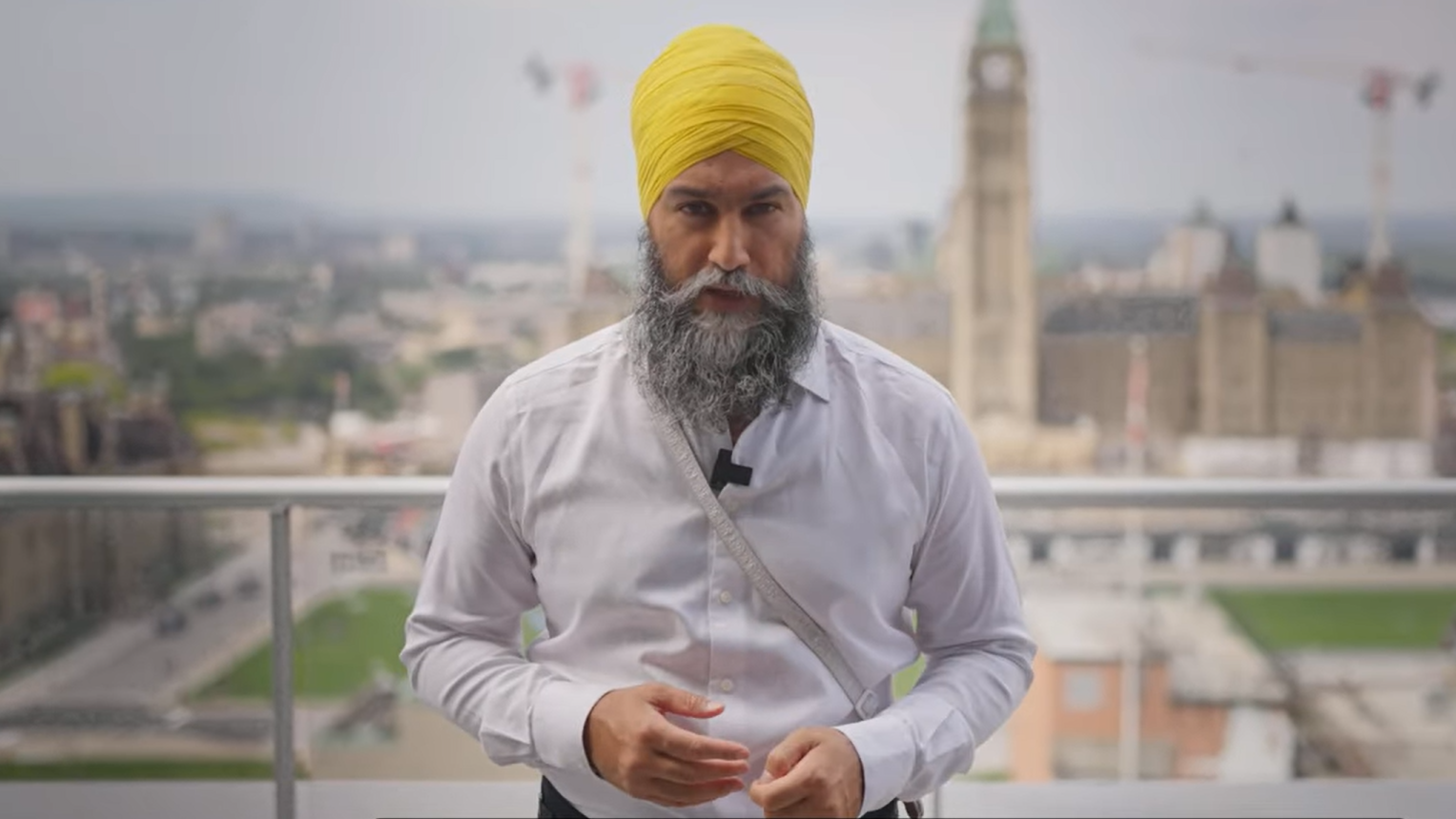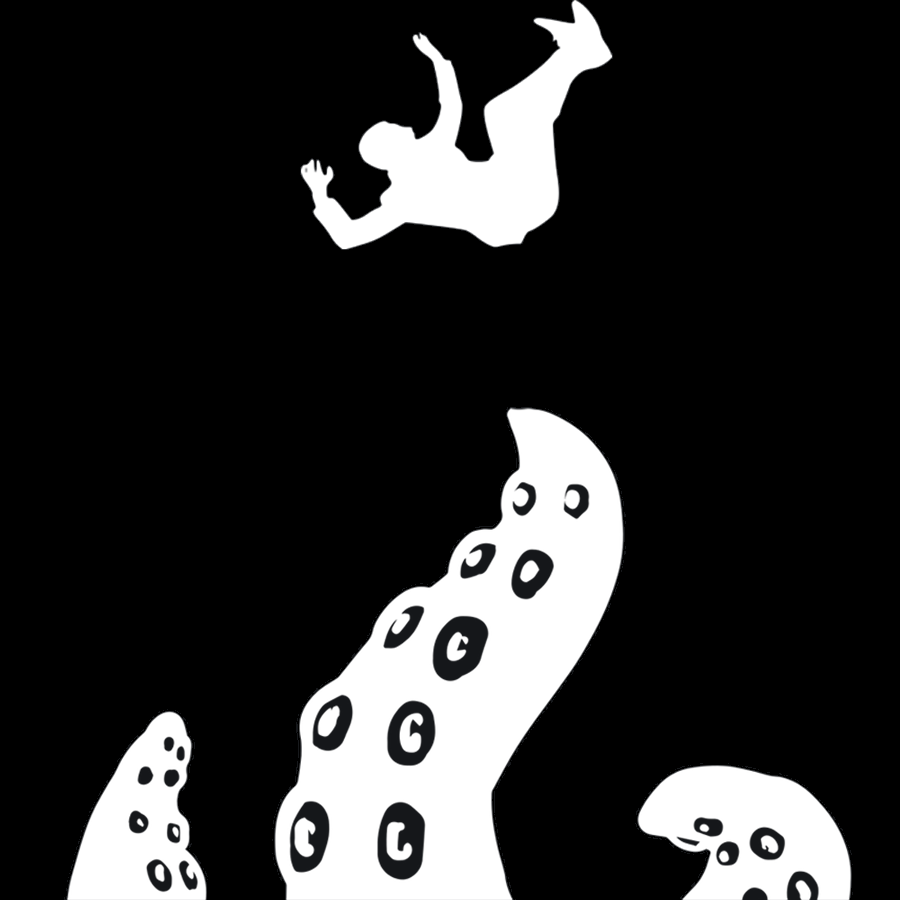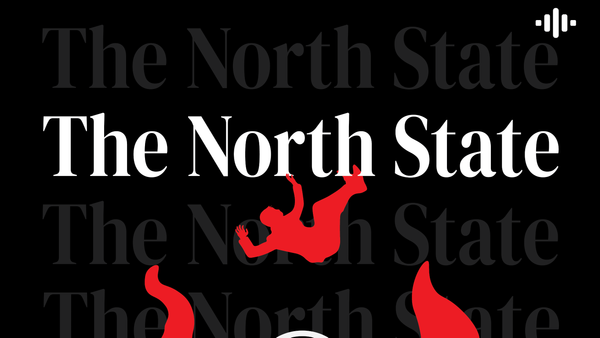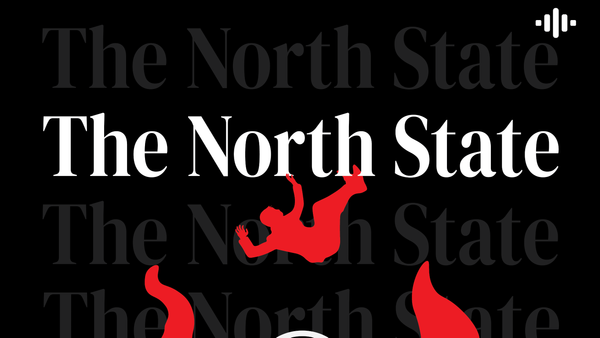Liberal-NDP Deal Ends As it Began... Horribly
Would it be the NDP if they didn't do the right thing in the worst way possible?

Let's begin by stating the obvious: It's pretty hard to run a nominally social democrat federal party in Canada. You'll always be fighting the Liberals for votes to convince your constituents that you're the party to stop Conservatives, despite never forming government yourselves. You'll rarely have enough federal representation to do anything other than criticize policy. All of your private members bills will be shot down. You're always trying to find the best way to leverage your votes in a minority government, which means cooperating with the two parties you proclaim to be ideologically against.
It's a tough spot to be in, I get it. So why do Singh and the NDP insist on making the worst decisions at any given time?
Though some centrists were excited at the win for the Liberals, Singh and Trudeau's supply-and-confidence deal has been decried as a poor move by left-wing critics since it was announced. Nora Loreto proclaimed the deal finalized that there was "nothing left of the party to save." Martin Lukacs, writing in The Breach, wrote that the deal exemplifies the NDP "is stuck promoting a flashy personality, not far-reaching policies." In a piece for The Tyee clearing up the difference between a coalition government and this deal, Michael Harris was much softer on Singh's move forward for the NDP, but still warned of the consequences. "Co-operation could easily turn into co-optation for the NDP," Harris wrote. "How could the NDP run to replace the Liberals, after spending three years propping them up?"
Falling short of three years, the question remains the same. How can they position themselves against the Liberals after signing a deal to prop up their government?
Put simply: they can't.
Deal or No Deal
Let's begin with the promises that constitute the NDP and Liberal deal.
Dental care and pharmacare were the two main pillars touted as a success by the NDP. The deal outlined dental care access for low-income children under 12 in 2022, expanding to those under 18,"seniors and persons living with a disability in 2023, then full implementation by 2025." This program would only include families with an income under $90,000 a year "with no co-pays for anyone under $70,000 annually in income." In terms of pharmacare, the two parties agreed to pass a "Canada Pharmacare Act" by the end of 2023.
There were other promises, such as 10 sick days for federal workers (implemented December of 2022), anti-scab legislation (May, 2024), etc. They also agreed to a "Safe Long-Term Care Act," to ensure care for seniors (no sign of this becoming reality). But there was also noncommittal pablum. The phrases "moving forward," "advancing measures," "developing a plan" could mean anything; Indeed, many of these promises have not translated into meaningful legislation.
The initial deadline for pharmacare legislation was the end of 2023. In late November, Prime Minister Justin Trudeau announced they would not meet the deadline in any way, shape, or form. This was despite the fact that they had nearly two years after signing the deal to bring a bill to Parliament. It didn't matter. The NDP and Liberals both agreed to extend the deadline to March 1, 2024. Then, literally waiting until the last possible day, the Liberal government finally introduced legislation on February 29, 2024.
Dental legislation fared slightly better, being implemented far earlier, it expanded eligibility in June. Remaining eligible Canadians are expected to gain accessibility in 2025.
In these two examples, we have one program that is means testing to hell and back, while the other exemplifies the disrespect the NDP needed to withstand in order to keep the deal going.
Political Costs
Those hoping to tout the NDP-Liberal deal as beneficial by purely focusing on these gains are not giving the full picture. As the delays over pharmacare indicate, the NDP has sacrificed a good deal of credibility by continuing to support Trudeau's Liberal government for very little gain.
Canada is supporting Israel's genocide in Palestine. This is undeniable. Reporting by Alex Cosh at The Maple shows that Trudeau has lied about sending lethal military equipment to Israel. Additionally, when the NDP tabled legislation for Canada to recognize Palestine, the Liberals watered it down to almost completely useless hot air. Even throughout Israel's worsening assault on Palestinians, the Liberals refuse to take action that defies their destruction. Earlier this summer, a Leger poll found that 45 per cent of Canadians agree that Israel is committing a genocide in Gaza.
The NDP, which is propping up this government, has not threatened at any time to withdraw from the deal over the Liberal support for Israel. Even though a significant amount of Canadians believe they're committing genocide, the deal was never threatened by this behaviour. NDP labour critic Matthew Green indicated the deal had begun reevaluation after binding arbitration was imposed less than a day after an industry lockout. But this was not voiced as an earnest threat to prevent the federal imposition, simply as a result of it.
Significant criticism from the left over supporting the Liberals has been sustained, but what of the right? Conservatives have repeatedly called the supply-and-confidence agreement a coalition in multiple statements to their supporters. Ultimately, this culminated in Poilievre staging a press conference on August 29, in which he directly called out Singh and the NDP for keeping Trudeau in power. This accompanied a letter he sent to the NDP leader, which he declared if he didn't pull out of the deal and trigger an election in September, he would be known as "Sellout Singh."
Poilievre's populist opportunism is obvious. But the issue is that he effectively wields it to lob accurate and devastating critiques of the deal. Here's an excerpt from his letter that specifically addresses groceries and nutrition:
Everything costs much more. Families now pay $700 more for food this year than they did last year, and millions of Canadians are having to line up outside of food banks. A quarter of kids go to school without enough food– despite grand promises of food programs. Canadians are eating less, skipping meals, and buying less healthy food just to try and make ends meet. You claim to represent the workers, but you abandoned them to keep Trudeau in power as part of your costly coalition.
What was Singh and the NDP's response? In the immediate aftermath, Anne McGrath, NDP national director, checked Poilievre on whether it's his perogative to even ask that question. "Pierre Poilievre doesn't get to make that decision." Devastating rebuttal.
Singh, meanwhile, didn't issue a public response.
Then, almost a week after Poilievre pulled his stunt, Singh announced they were withdrawing from the deal. In a video announcement, Singh said Trudeau and the Liberals "let people down" and proclaimed Poilievre's cuts were a huge threat.
"The fact is, the Liberals are too weak, too selfish and too beholden to corporate interests to fight for people," Singh said in the video. He refused to elaborate any further than simply paint the withdrawal from the deal as in the interests of the middle class.
The End
So, now Singh and the NDP have pulled out of the deal, what does this mean for the NDP and Canada's political landscape?
Firstly, it shows the NDP are woefully incompetent. The manner in which it was announced baffles the mind. A week after Poilievre publicly lambasts you? In a video posted to Twitter and YouTube? With a press conference the following day, the focus shifted to the likelihood of an election. During the presser, Singh seemed far more energetic than the prerecorded video. This raises the question of why a press conference wasn't the method to deliver the announcement in the first case.
During the press conference, Laura Stone from The Globe and Mail asked Singh if it was a mistake to do this after Poilievre's stunt. Besides saying that he would "never, ever take advice from Pierre Poilievre," Singh said it had nothing to do with the Conservative leader and that the video was filmed in advance. This is not an appropriate answer, as the timing could have been shifted to make the association less obvious.
Truthfully, this deal has been a political disaster since its inception. The very few tangible gains won by the NDP also work for the Liberals, who can also claim ownership of these victories. Now the Herculean task ahead of Singh and the NDP is to pretend as though they have any integrity or leadership ability to compete with the Liberals, or message as effectively as the Conservatives, when they've been propping up their government through two tumultuous years.
In the past two years, the NDP traded any possibility at trust for marginal gains that are easily first on the chopping block for any future Conservative government. Bungling the end of the deal in the most toothless way possible simply shows the NDP is not interested in representing the working class of in this country.
The NDP has been limp and feckless for many years. The deal with the Liberals may have backfired enough to hurt their chances at winning seats, which appears to be the only thing the party even cares about. It would at least be understandable, if not necessarily effective, if they navigated politics in a manner that delivered those seats. But they've effectively capped any opportunity to take a principled stand by exiting the deal in this comically ineffective manner.
The NDP is in no position to fight for the working class. Central to the party's problem is that they don't have any interest in even putting on the boxing gloves.





